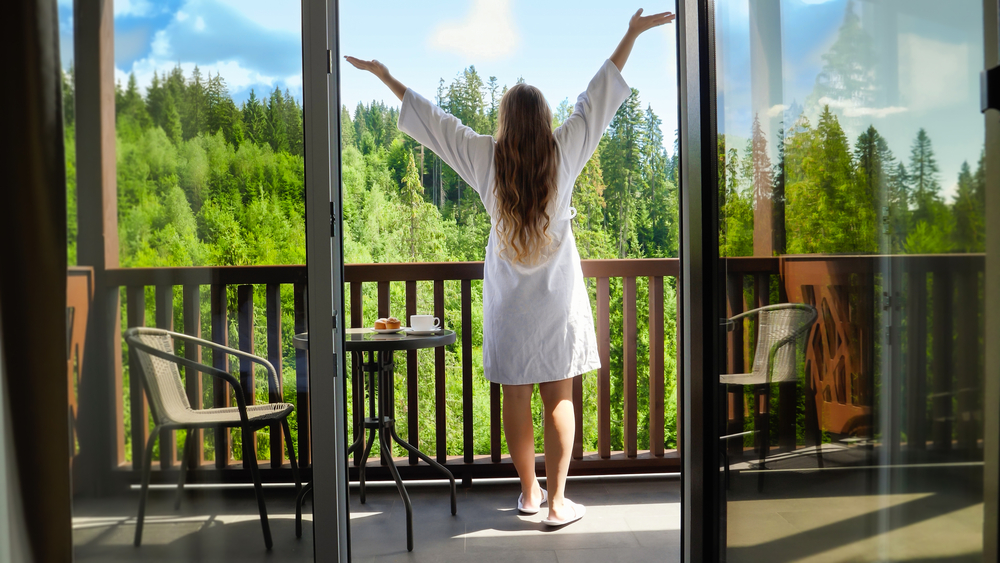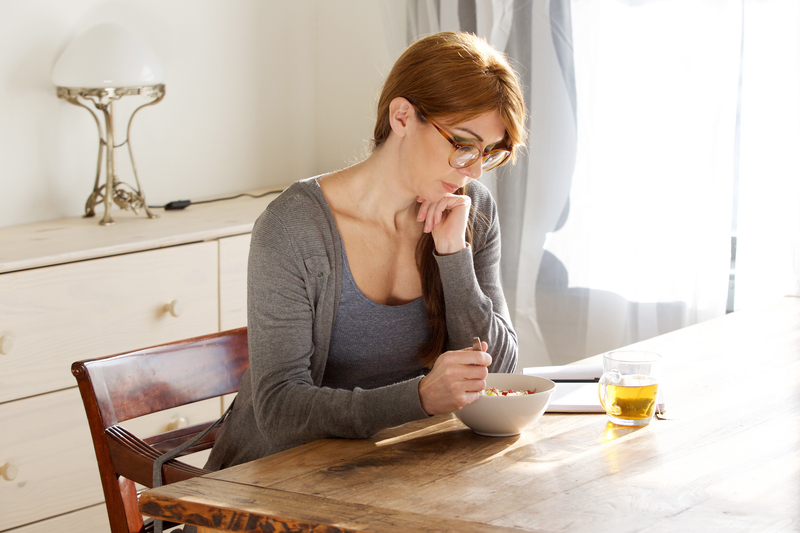
Improve your Day Routine by Developing One for the Nighttime
Have you been having some restless nights recently? Are you feeling sluggish during the day? Are you looking for a way to improve your quality of sleep? Did you know that the amount and the quality of the sleep you get at night helps set the tone for your next day? While having a daytime routine is important, having a set nighttime routine is essential to your daytime activities. It is important that you feel refreshed and ready to take on the day you wake up. With your daily routine already set, you know what to do from when you wake up until the sun goes down. But what does your nighttime routine look like? What are you doing to help your mind and body prepare for tomorrow? Here are 7 ways to develop your nighttime routine and improve your daytime routine.
Don’t Eat A Large Meal Too Close To Bedtime
We all love food. It is delicious and gives our bodies the nutrients and energy they need to get through the day. But did you know that when we eat food, it signals wakefulness to our bodies? This is because when we eat, our bodies release insulin, the hormone needed to break down food and digest it. So while our bodies digest the food we just ate, they are wide awake and working hard. Great for the daytime when we are up and moving around, excreting ourselves. But at night, our digestive systems can interfere with our body’s sleep cycles. To get a restful night of sleep, try not to eat large meals before bed. Instead, stop eating about three hours before you decide to go to sleep. This is the perfect time frame for your body to finish digesting the last food you ate while leaving a little bit in your tummy so you don’t sleep hungry.
Limit Your Alcohol Intake
Did you know that when you drink an excessive amount of alcohol, it will affect your body’s sleep cycle? This is because, like eating, our bodies will continue to metabolize and break down the alcohol while we sleep. As a result, some people do swear that alcohol will help them fall asleep faster. But unfortunately, these are the same people that experience disturbances later on in their sleep cycles, lowering the quality of the sleep they are getting – and affecting their entire next day. Alcohol does have some sedative properties, and it can make us feel ready for bed. But if you want a restful night of sleep (and to help your mind and body reset), try limiting the alcohol you consume before bed.
Avoid Caffeine
We all have had those mornings when we need a cup of coffee to get us going (mainly because we didn’t sleep well the night before). You can feel yourself returning to life when you take that first sip. That is ok during the day when there is a list of things that need to get done. But at night, caffeine can be our enemy. One of the most obvious reasons to avoid caffeine before bed is because it is a stimulant. While during the day, we need to feel awake, when it is time to sleep, we want to feel relaxed. In addition, caffeine has been shown to make it harder to fall asleep because it messes with our internal clocks, confusing our bodies on what time it is. So, the most obvious way to get a better night’s sleep is to stop (or limit) the caffeine you drink before bed. Instead, enjoy every second of your sleep cycle, and wake up feeling rested.
Set A Cut-Off Time For Digital Screens
Did you know that blue light is part of the light spectrum most active during sleep cycles? When exposed to blue light, your body’s melatonin production is suppressed – making it hard for you to fall asleep and turn your brain off. This is the same light produced by electronics with screens (like TVs, phones, tablets, computers, etc.). Setting a digital cut-off time for all your digital devices is a great way to ensure you get a quality night’s sleep. So, if you have to check your devices before bed, try adjusting your settings for whatever reason. Change the light from “blue light” to “warm light” after sunset. There is even a way to set it to change automatically at a specific time.
Allow Yourself Time To Wind Down
After a long day, you must allow yourself some time to unwind and relax before you go to bed. When you go straight from business to sleep, this will affect how easily you fall asleep and your sleep cycle all night long. Even though it might not be possible every night, relaxing before bed will help you sleep more deeply. For a good and uninterrupted night of sleep, it is vital to decrease your stress and anxiety levels by unwinding from the day. When you allow yourself to relax, you are helping to slow your heart rate and breathing, as well as lowering your blood pressure. This is everything you need to sleep peacefully and soundly.
Make Sure The Room Is Dark
When it is time for bed, it is important to ensure that the room you are sleeping in is dark. This is because, at night, your body produces a scheduled increase in melatonin levels, and the darkness will help to stimulate those production levels. While Exposure to light will make it difficult for you to sleep, sleeping in darkness will help you sleep soundly until you have reached (and completed) all of the levels of your sleep cycle.
For Extra Help Relaxing, Drink Herbal Tea
If all else fails and you still need a little help getting relaxed enough for bed, try drinking herbal tea an hour before bed. Chamomile, Lavender, Passionflower, or valerian herbal teas have been used for hundreds of years to help with sleep and relaxation. Day or night, drinking herbal tea is a great option – especially if you are trying to quit caffeine.






Responses